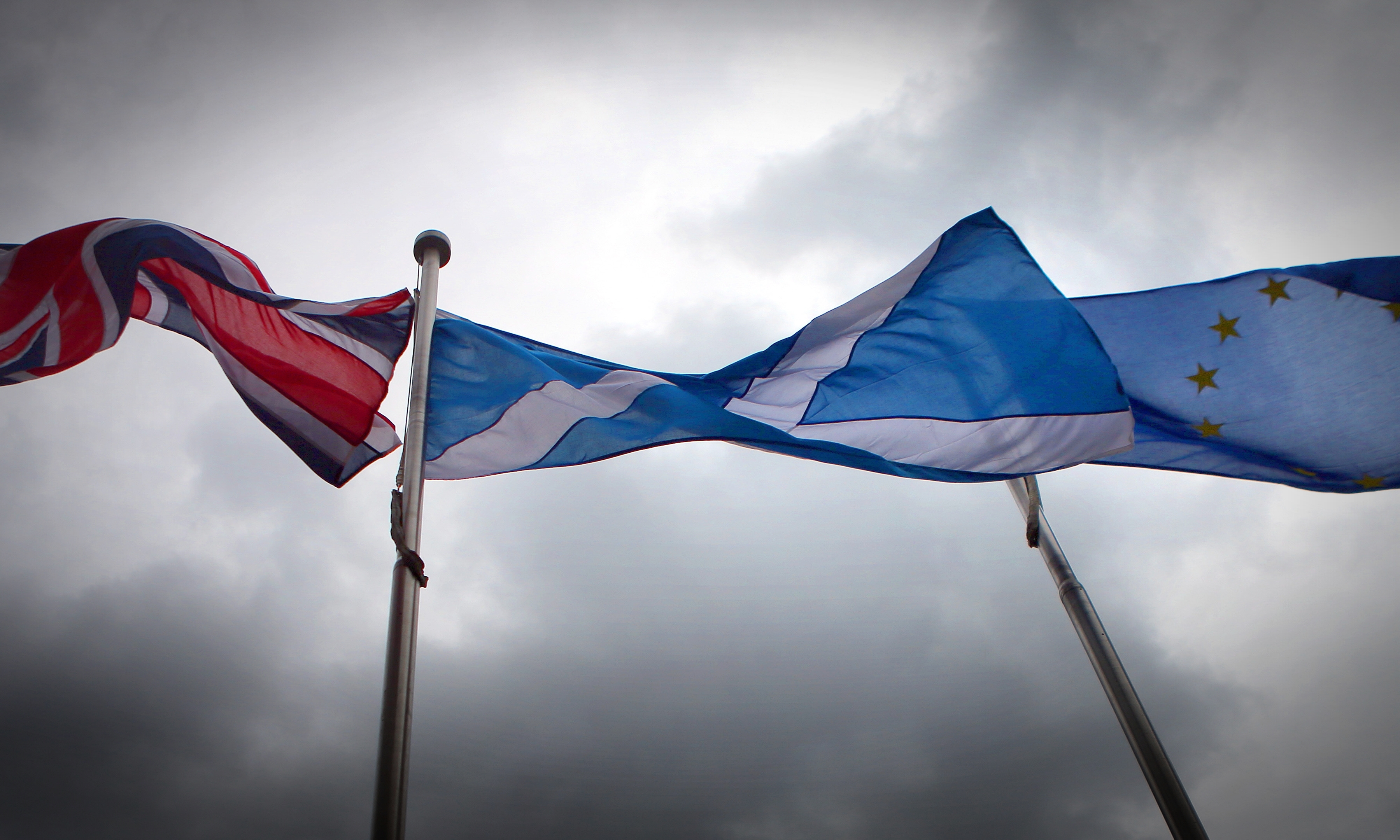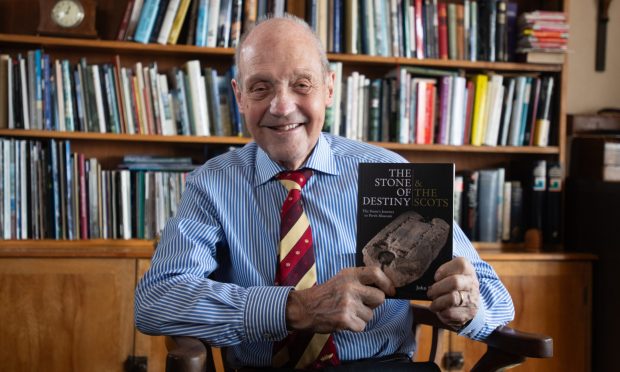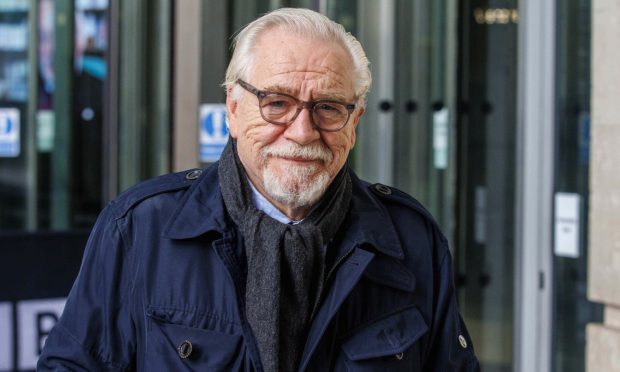The author of Article 50 has said the UK could choose to remain in the European Union even after exit negotiations begin.
John Kerr said the UK could still legally choose to reject a Brexit after the legislation that begins formal negotiations is invoked.
The Scottish cross-bench peer, who wrote Article 50 of the Lisbon treaty, also renewed calls for parliament or the public have another say on the referendum.
Lord Kerr told the BBC: “It is not irrevocable – you can change your mind while the process is going on.
“During that period, if a country were to decide actually we don’t want to leave after all, everybody would be very cross about it being a waste of time, they might try to extract a political price, but legally they couldn’t insist that you leave.”
Lord Kerr’s remarks came as peers said the UK would have to seek new allies at the United Nations after Brexit.
Former Foreign Office minister Lord Howell of Guildford said the UK would need to “reinvigorate” old ties and “build strong new alliances” once it left the EU.
The Lords International Relations Committee said Brexit would require the UK to “reconsider its methods of operation” at the United Nations, but should seek to continue to work closely with its former EU partners.
The cross-party committee said: “The UK should negotiate its exit from the EU bearing in mind that one of our strongest allies in international organisations will be the EU. Therefore, as part of its Brexit negotiations, the UK should aim to set up effective ways of continuing to work closely with the EU at the UN.
“Simultaneously, the UK should seek to diversify its alliances, creatively considering new opportunities and methods of leveraging its alliances and influencing other regional blocs at the UN.”
That could include working more closely with Commonwealth allies even though they may not act as a single effective bloc at the UN.
The committee’s chairman, Lord Howell, said: “Given the new status that the UK will have outside of the EU, our committee feels strongly that the UN will be an increasingly important arena in which to promote our foreign policy objectives. We will need to reinvigorate both old ties and build new strong alliances where possible.”
The committee’s report examined the UK’s priorities for the incoming UN secretary-general Antonio Guterres.
Lord Howell said he should focus on forming a “new global consensus” to deal with the refugee and migrant crisis, as well as pursuing reforms of the UN’s institutions to overcome the “fragmentation and incoherence” of the past.
The peers also recommended upgrading UN peacekeeping operations, with better training and resourcing, and called on Mr Guterres to drive forward commitments on the sustainable development goals and Paris climate change deal.
Lord Howell said: “We recognise that a new secretary-general alone cannot possibly achieve change on the scale required, and some aspects of reform remain clearly outside his powers, such as the continuing anomaly of the Security Council permanent membership.
“But he can both identify the priorities, invigorate the agents of change and set the overall tone and vision.”






